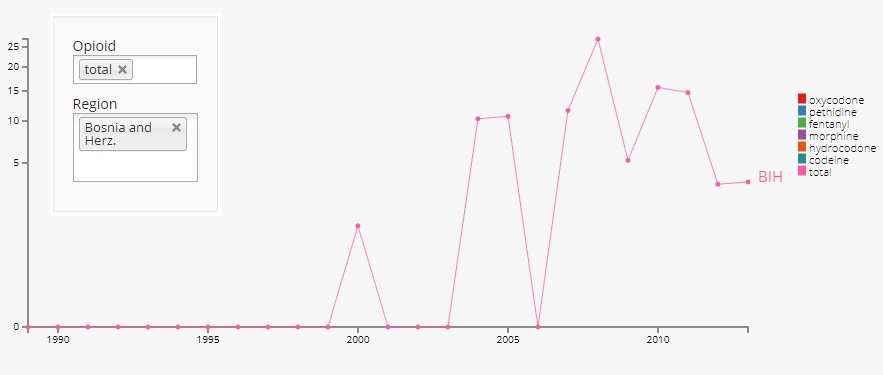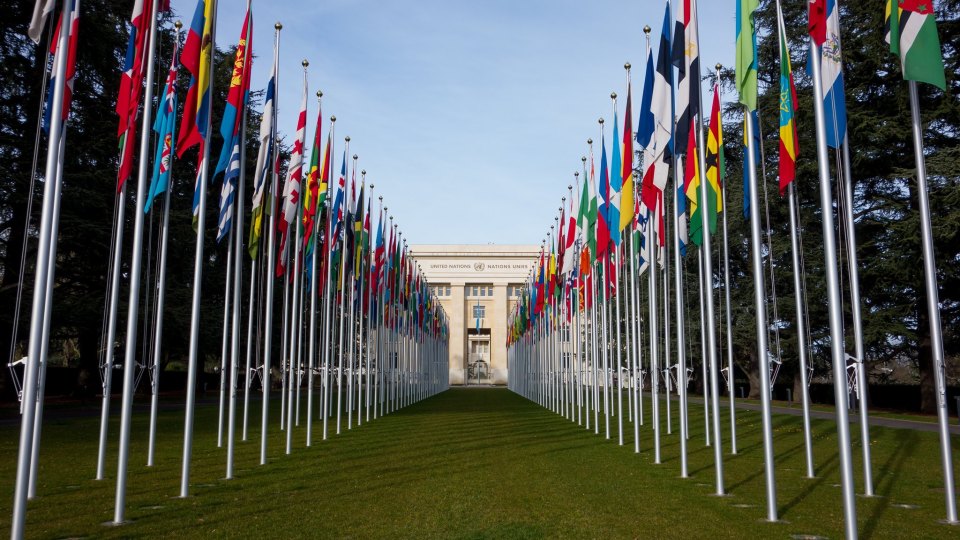Statistics for Social Good partnered with Global Oncology to gain access to opioid consumption data and to visualize it – the result was the Opioid Atlas. Their idea is that expressive visualizations of this data can both facilitate analysis by palliative care researchers and educate the broader public on the state of opiate access.
Opiates are some of the most effective pain relief medications; and some of the most widely abused. The Opioid Atlas is an interactive tool for exploring and visualizing opioid consumption around the world from 1989-2013, based on data from the International Narcotics Control Board (INCB).
Statistics for Social Good is an interdisciplinary club with members from diverse academic and professional backgrounds. Their mission is to identify the concrete social problems that can benefit from improved data analysis and the statistical and computational techniques needed to achieve these improvements. They are motivated by a variety of social issues but are especially focused on problems stemming from economic inequities, like poverty, hunger, human trafficking, and unequal access to education. Many of their findings are documented on the collaborative social good hub maintained by Stats for Change at collaborative portal intended to document ongoing social data analysis efforts, summarize relevant resources and knowledge and connect those with technical skills and a passion for social change to organizations and individuals with pressing needs.
You can explore the Opioid map following this link>>>



 The United Nations
The United Nations